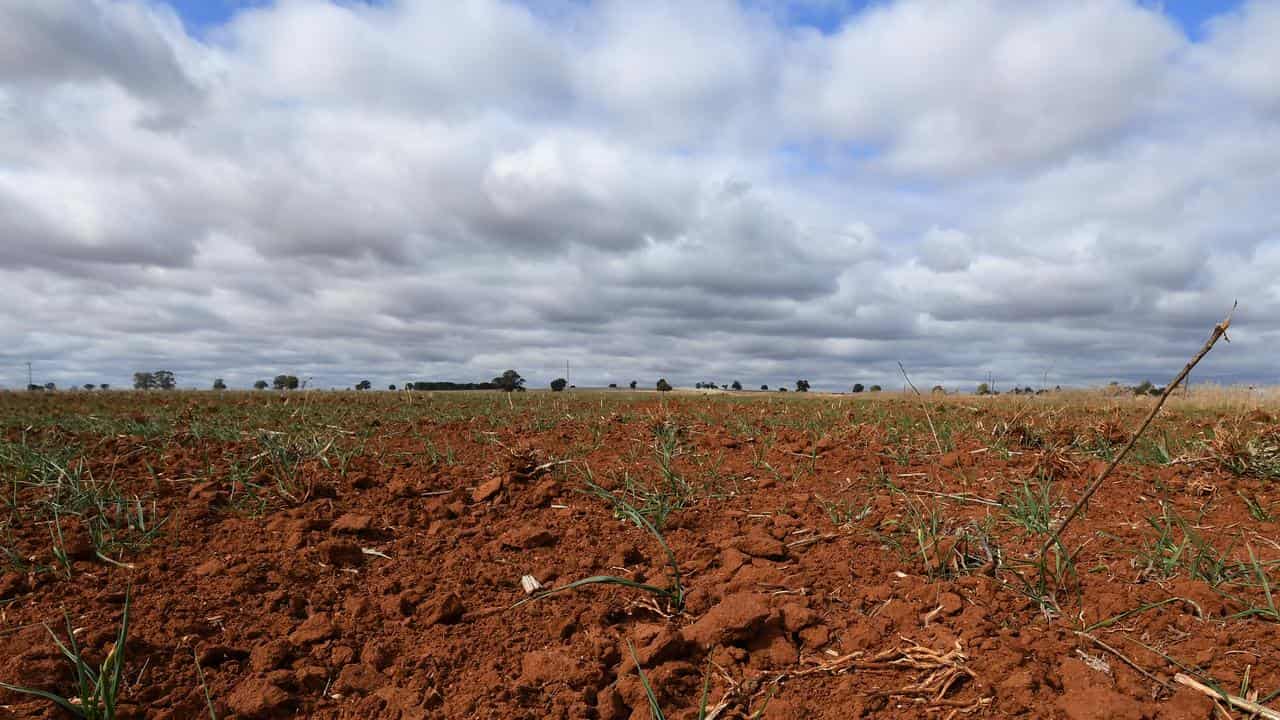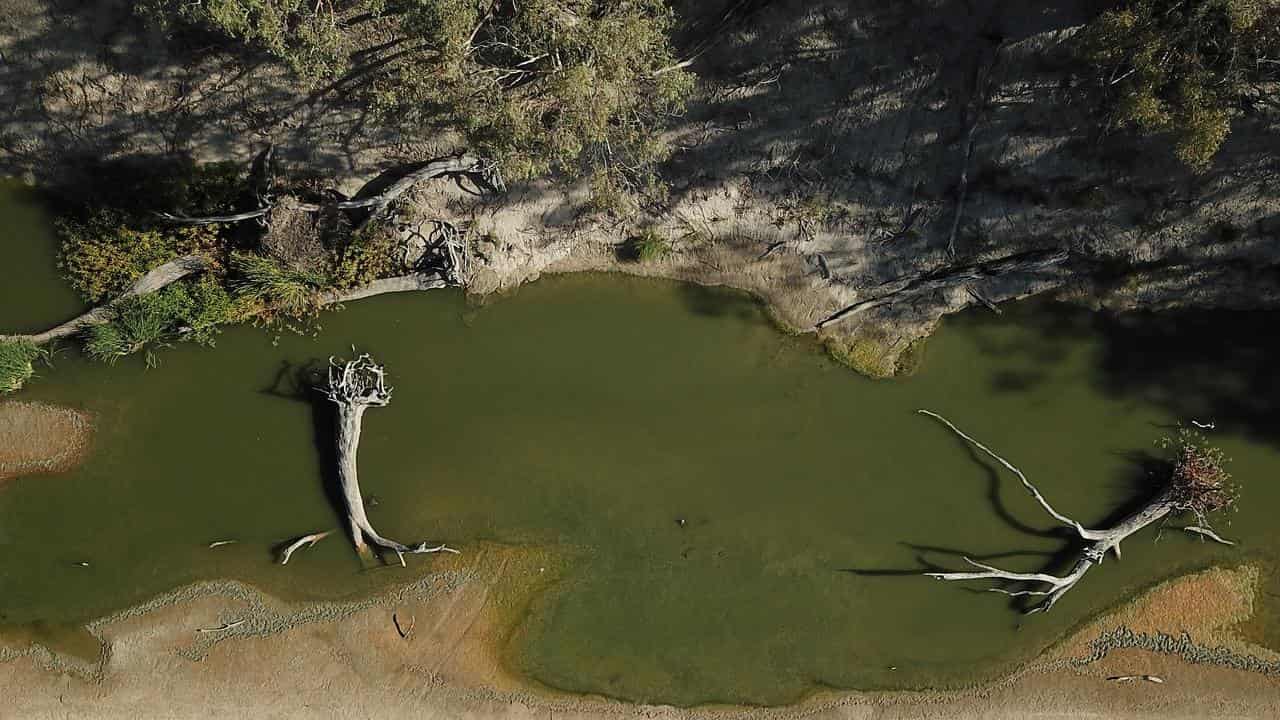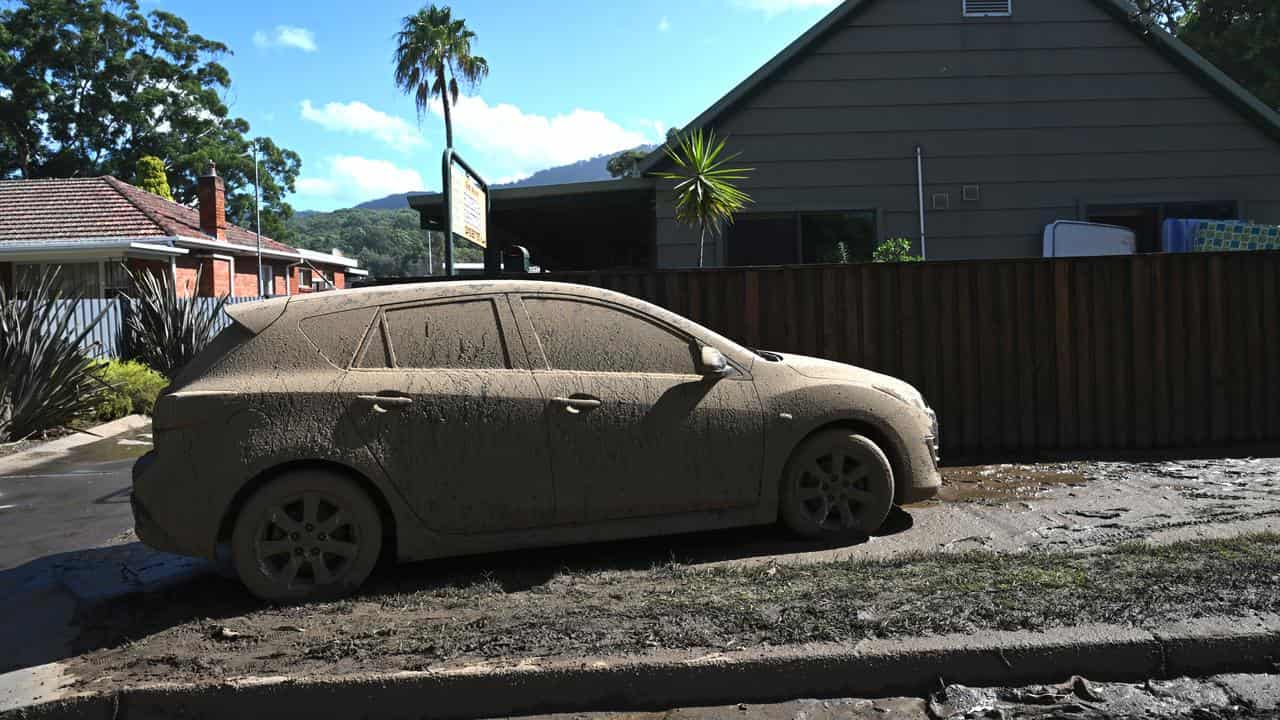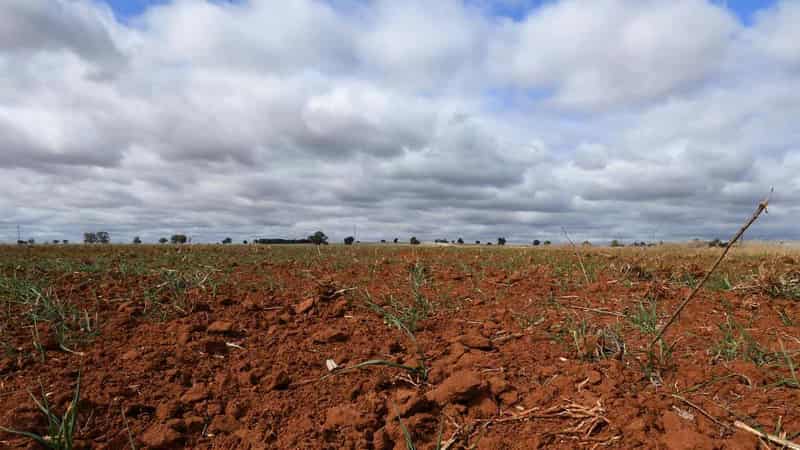
Australia's big investors have been told to keep the faith on climate finance, with the United States expected to - again - dismantle climate policies under a Trump administration.
Chair of the Superpower Institute economist Rod Sims told an investor summit on Thursday the world must press ahead with climate action because president-elect Donald Trump will remove America from serious climate action.
"The US can rejoin the ranks of like-minded countries when it is ready to do so," he told the Investor Group on Climate Change's annual conference in Melbourne.
Professor Sims, a former competition tsar, also urged the group's members, who have $5 trillion under management in Australia, to get behind federal Labor's Future Made in Australia program.
"But be clear you are supporting its economic logic of addressing market failures, and particularly green energy intensive exports, and not supporting government funding to make things in Australia for its own sake," he said.
"If you think the world will not decarbonise, you think there will not be a sufficient market for our green energy intensive products."
But Australia can show the world what's possible if it starts producing green iron, aluminium, fertiliser and green transport fuel, Prof Sims added.
The investor group has welcomed the federal government's renewed push on an Australian Carbon Border Adjustment Mechanism, which would help the nation's exports remain competitive as Europe begins to punish big emitters under a similar carbon pricing framework.
Prof Sims said trying to reduce world emissions without a carbon price was "economic silliness" because those producing products with fossil fuels were imposing significant costs on others which have to be paid for.
"If we want to significantly reduce carbon emissions, why do we not want to adjust market incentives to achieve this efficiently?"

A paper released at the summit modelled what could happen if the Australian economy is unprepared for the consequences of climate change.
Cascading harm from the withdrawal of finance could be severe in regional areas - as workplaces are closed and property values fall - and across the economy, as key industries weaken and pressure on households and support systems increases.
When Australia made its first attempt at a national climate risk assessment, it described this outcome as a "plausible worst-case scenario".
"No one wants to see ghost towns and broken-down factories across northern Australia, but that's what could happen unless billions are invested in climate resilience and adaptation," the investor group's CEO Rebecca Mikula-Wright said.
“We need to scale down emissions as fast as possible, but some climate damage is already unavoidable so we need to address it."
There were also areas identified in the report where Australia had a competitive edge that could support new jobs and exports, including a strong history of innovation in agriculture and world-class expertise in disaster management.

Disasters already cost Australia around $38 billion annually, and that figure is expected to rise to at least $73 billion by 2060, according to the report prepared with economic consultancy Energetics.
Insured losses totalled nearly $20 billion from 2019 to 2024 and forced premiums higher, with more than one in 10 (or 12 per cent) households already experiencing home insurance affordability stress.
Energetics principal consultant Olivia Kember said mandatory climate-related disclosures may reveal "dangerous levels of unpriced climate risk" across the economy.
"This is something the market and the government can address together, but a disorderly process may trigger a race for the exits," she said.









